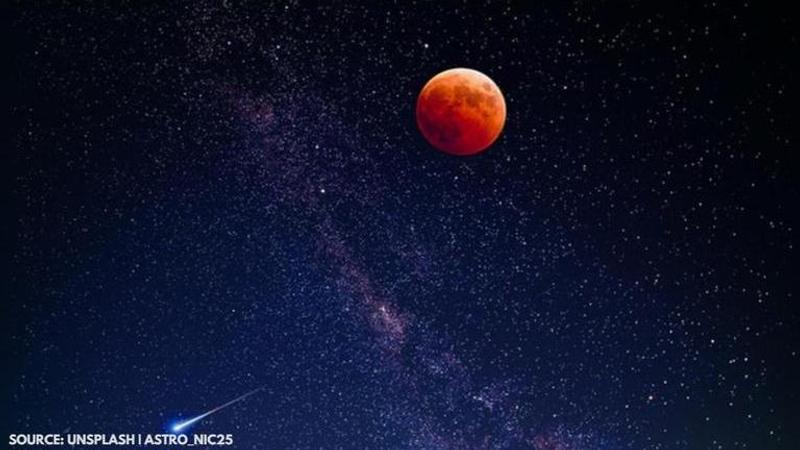Published 13:42 IST, November 30th 2020
What is a Beaver moon? Here's how the Beaver moon got its name
The upcoming lunar event is also referred to as the Beaver moon. What is a Beaver moon and where it got its name? Continue reading to learn all details.

The fourth and the last lunar eclipse of the year is about to be sighted later today across several parts of the world. Just like the three previous lunar eclipses we have witnessed earlier this year, the fourth lunar event will also be a penumbral one where the moon will be shaded by the Earth’s shadow for a few hours. For those unversed, the upcoming penumbral eclipse which comes out on November 30 is also called the Beaver Moon in North America. So, let us understand what is Beaver moon, Beaver moon meaning, and how it got its name.
What is a Beaver Moon?
The full moon which comes out in the month of November is also called the Beaver Moon in North America by most Americans. This is because it is the time of the year when the beaver trapping season begins and the beavers are most active as they start building their winter lodges after stocking sufficient food for the winter season. This was also a season in North America where these beavers were caught to obtain their pelts. The full moon of November is also known as the Freezing Moon or Frost Moon.
Also Read | Lunar Eclipse Timing: What Time Is The Penumbral Lunar Eclipse In India And Other Regions?
The upcoming lunar eclipse of the year is set to begin on November 30 at 07:32 UTC and it will go on until November 30 at 11:53 UTC, as per timeanddate.com, The penumbral lunar eclipse will reach its maximum eclipse on November 30 at 09:42 UTC. However, the event will not be visible from every region around the world. People residing in parts of Asia, Europe, North America, South America, Australia and a few other regions will be able to catch the event. However, the visibility also depends on the weather conditions in the region.
The penumbral will not have visibility in India as the event is set to take place during day time and the moon will be below the horizon. People who are looking to catch the event can head over to timeanddate.com. The live stream can be accessed at the link here.
Image credits: Unsplash | astro_nic25
Updated 13:42 IST, November 30th 2020



